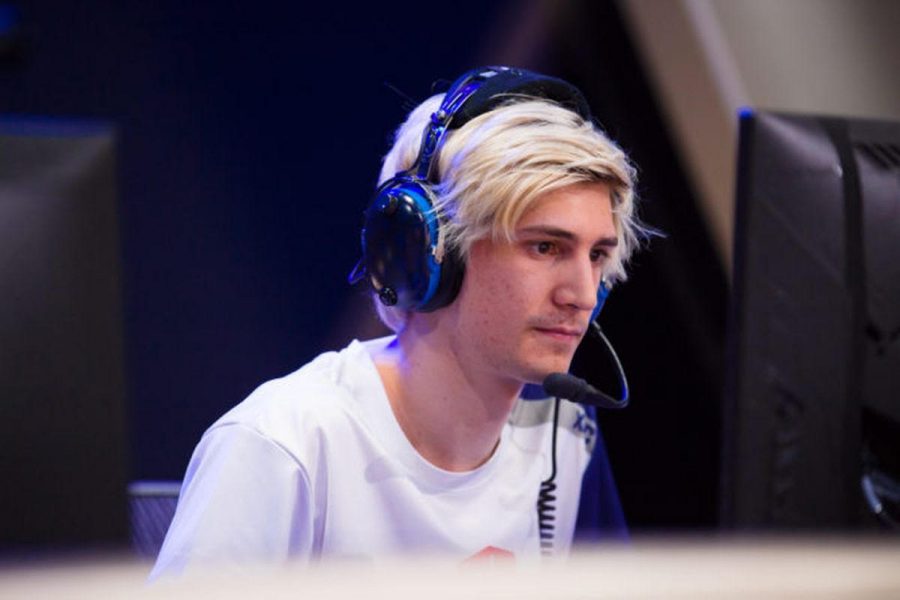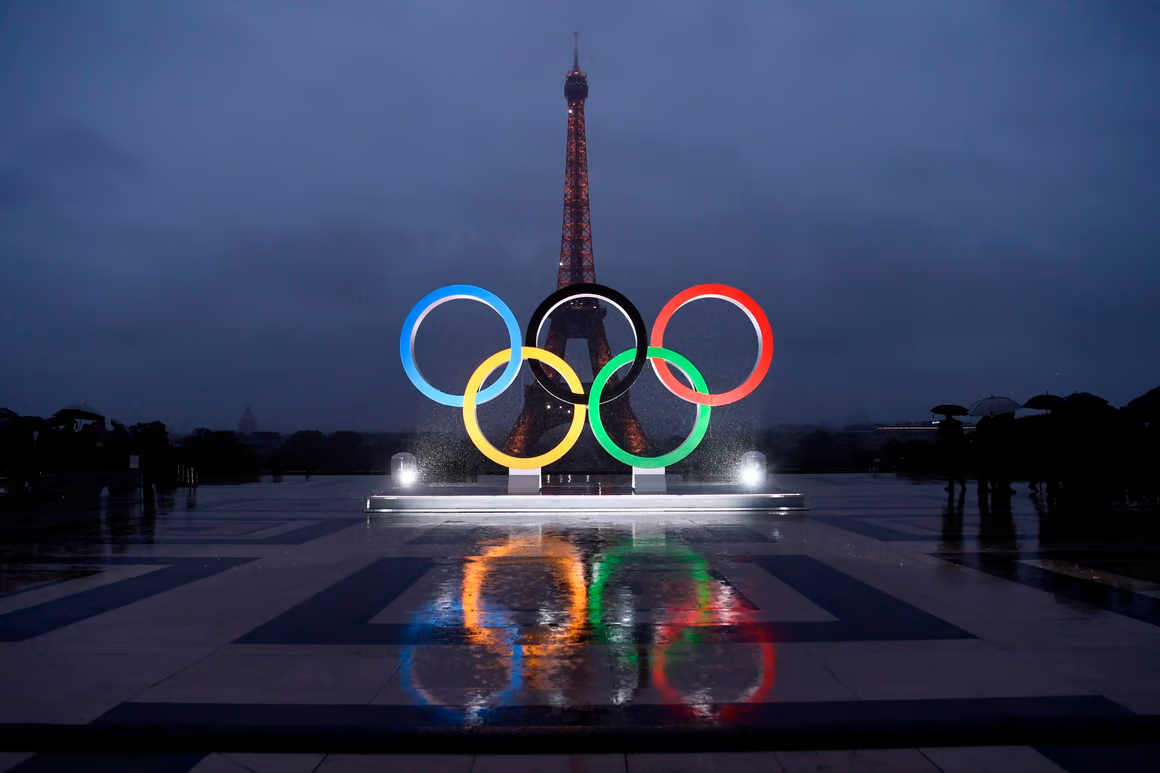In the past twenty years, the esports industry has grown exponentially. In the early 2000’s, the prize pool for 27 esports tournaments amounted to less than $500,000. In response to the increasing viewership of their tournaments, organizers produced $35 million in prize money across 2,000 tournaments over the course of 15 years. Top tier gamers and streamers were able to transform their hobby into a career — the most successful professionals making seven figure salaries.
The undeniable success of the industry has prompted the Luxor Hotel & Casino to construct a 30,000 sq. foot esports arena, which opened on March 22, 2018. Despite its growing success, the esports industry has struggled to enforce the norms of traditional sports. This is especially notable in terms of sportsmanship and conduct.
Félix “xQc” Lengyel, the main tank for the Dallas Fuel of the new Overwatch League, has caused multiple controversies that have tarnished the reputation of the Dallas-based team. The first controversy was in the first stage of the League — caused by his response to a player of the Houston Outlaws. Lengyel, enraged by trash talk from an Outlaws player, said a homophobic remark directed at the only openly gay Overwatch player in the League.
His response prompted Blizzard to issue a $2,000 fine and a four game suspension. This did nothing, in the end. Lengyel returned to the league as toxic as ever — calling league casters “cancer,” talking more trash about opposing teams, and using a Twitch emote in a “racially disparaging manner.” Blizzard warned Lengyel again by fining him $4,000 and issuing another four game suspension. Dallas Fuel was not as kind to Lengyel.
On March 11, 2018, Dallas Fuel announced that Lengyel and the Fuel have “mutually agreed to part ways.¨ Lengyel is not the only one punished by Blizzard for poor sportsmanship. Blizzard fined Dallas Fuel DPS/Tank player Timo “Taimou” Kettunen $1,000 in January after using a homophobic slur in a Twitch stream.
It seems that most of the streamers-become-pros have forgotten that there are strict rules
conduct that must be adhered to in professional leagues. Playing Ranked Overwatch online is not the same a professional, global gaming league. Streamers are not playing games alone while delivering commentary to their audience.
Now, competitive esports players represent themselves, their team, their league, and the game. Every action made in an individual player’s stream is a reflection of the team that they are a part of. No one wants to remember a game because of its ragey, whiny, competitive league teams. People like Lengyel and Kettunen symbolize a growing problem in the gaming community.
Their toxicity hasn’t just ruined a competitive league, but it has also ruined the whole game. Development on Overwatch has been slowed because the development team had to deal with players who match-throw or harass others. This kind of behavior isn’t exclusively found in Overwatch- it exists in games like League of Legends, Call of Duty, and CS:GO.
Toxic players need to understand that they’re behavior is not helping anyone. Being passive aggressive to your tank won’t help them capture the objective. Pressuring their teammates by yelling at them can’t improve their performance. Typing bigotry won’t get people to cooperate with them.
A failure to effectively encourage inclusivity in gaming will fail to attract an audience, according to Xbox head Phil Spencer. If the consumers don’t feel welcome to the community, they are bound to leave. The gaming community will slowly diminish into a concentration of the most vile, dedicated players- who will eventually get tired of being verbally abusive to each other and stop playing, like the rest of the community. In turn, the game dies like its player-base.
It is hard to avoid getting frustrated, especially if competitive gaming is a player’s main source of income. But they’re not the only people in the world that have make this risk. Their teammates also rely on the tilted player’s performance. Not only does the team have to put up with an angry person who is losing proper judgment, but they also have to deal with the growing pressure to carry their team. It becomes harder to actually win, resulting in a vicious cycle of growing rage.






